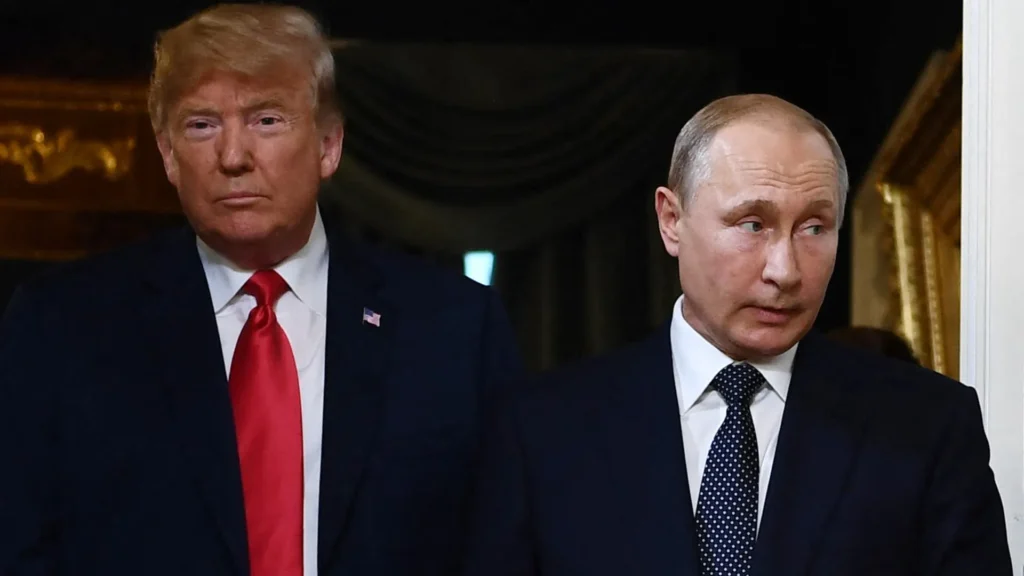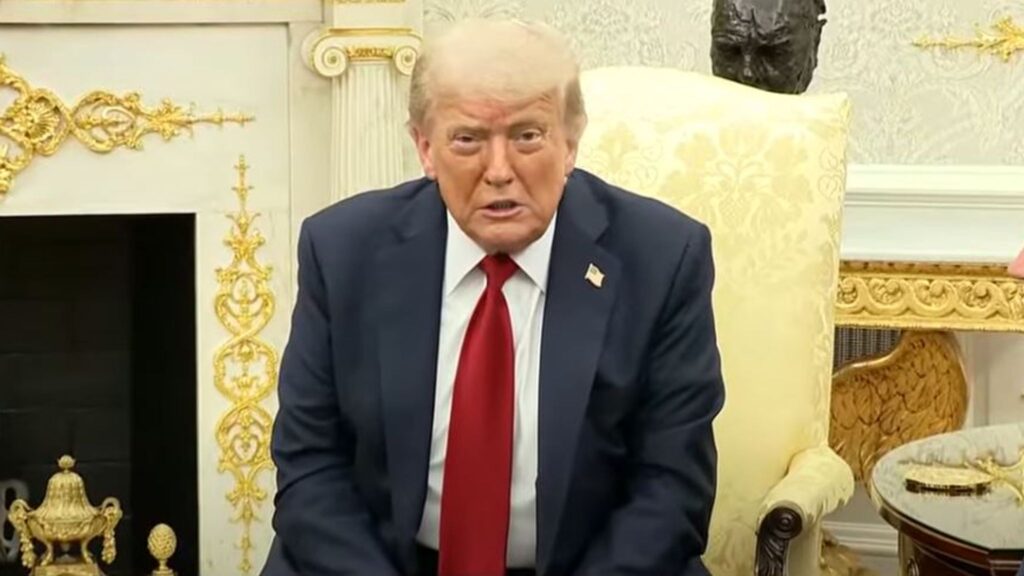The European Union plans to increase natural gas imports from the United States and other suppliers while accelerating its shift to renewable energy, as part of efforts to end reliance on Russian fossil fuels, EU Energy Commissioner Dan Jorgensen announced.
Speaking in a joint media interview, Jorgensen stressed the urgency of cutting payments to Russia for fossil fuels, following Moscow’s 2022 invasion of Ukraine.
Despite a sharp decline in Russian pipeline gas deliveries, the EU increased imports of Russian liquefied natural gas (LNG) last year, raising concerns over the bloc’s ability to fully phase out Russian energy by 2027.
“Instead of using taxpayers’ money to pay for gas that fills Putin’s war chest, we need to ensure that we produce our own energy,” Jorgensen stated, referencing Russian President Vladimir Putin.
Jorgensen emphasized that while renewable energy expansion remains the EU’s long-term strategy, gas will still be necessary for certain industries and home heating, where electricity-based alternatives cannot yet fully replace fossil fuels.
“There will still be the need for gas, and there we will have to find other sources than Russia,” Jorgensen explained.
“That can also mean bigger imports from the U.S.,” he added. “And then it’s my job to make sure that it is cheap and not Russian.”
To accelerate renewable energy deployment, Brussels is preparing changes to permit regulations aimed at fast-tracking wind, solar, and other green energy projects.
The push for alternative gas sources comes amid recent volatility in European energy markets, where benchmark gas prices have surged to two-year highs.
The EU’s electricity pricing system currently ties gas prices to retail power costs, meaning that fluctuations in gas markets continue to drive up electricity bills—even as renewable energy grows.
Jorgensen confirmed that the European Commission is working on stricter market controls to prevent speculative trading from causing further price spikes.
With the EU’s energy transition in full swing, the challenge remains in balancing energy security, affordability, and the bloc’s commitment to ending Russian fossil fuel imports once and for all.



























